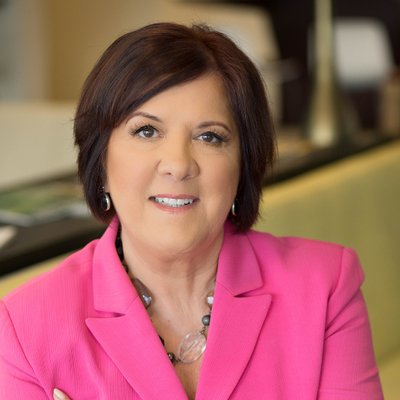The much ballyhooed trading app Robinhood, a startup with an $8.3 billion valuation, has had runaway success, leapfrogging over major market players Charles Schwab, TD Ameritrade, Fidelity, and E*Trade, since its launch in 2013.
But the June 2020 suicide of 20-year-old Alex Kearns is a tragic reminder that investing is not for the inexperienced, particularly when complex and risky financial products such as options, margin loans and cryptocurrency are involved. Before stepping in front of a speeding train, the anguished young man wrote to his family that he had “no clue about what I was doing” and had never intended to “take this much risk.” The story holds a dual tragedy: Kearns’s account held over $16,000 at the time of his death, but he thought his balance was negative $730,000 because of an incomplete trade.
Business reporters can help young investors avoid Kearns’s fate by looking into one or more of these stories:
The growth of retail trading
While the coronavirus pandemic has otherwise wreaked financial havoc, retail trading and offerings from online brokerages drew more investors to the market during the coronavirus pandemic, particularly new investors drawn to lower brokerage fees and account minimums. But Robinhood one-upped the competition by charging no trading fees or account minimums. In the recent quarter, Robinhood reaped four to 15 times more than Charles Schwab’s customers. How? Wall Street pays traders every time customers trade, known as “payment for order flow” (PFOF) —and Robinhood’s customers trade much more frequently. “Something seems to be heating up,” says research company Alphacution in noting the 42.3 percent increase in aggregate PFOFs in 2018.
Investing isn’t a video game
One-click trading, quick access to complex investments, and phone messages showered with confetti and emojiis made trading on Robinhood seem like a game. But losing real money by borrowing money on margin loans is serious business, warns investor.gov, a website of the Securities & Exchange Commission (SEC). One gamer dubbed the phenomenon “the gamification of trading.” Good sources to interview here are Scott Smith, who tracks brokerage firms for financial consulting firm Cerulli, and a behavioral economist.
The guardrails of investing
Go on social media and find several Robinhood customers to interview about their experience investing on the app; you’ll find several on YouTube. Then develop a primer on “Beginning Investing” for new investors.
New investors don’t think about risk, but the biggest challenge for beginners may be the discipline to buy and hold for the long term, says the Financial Industry Regulatory Authority, or FINRA, and that requires patience and careful decision-making.











